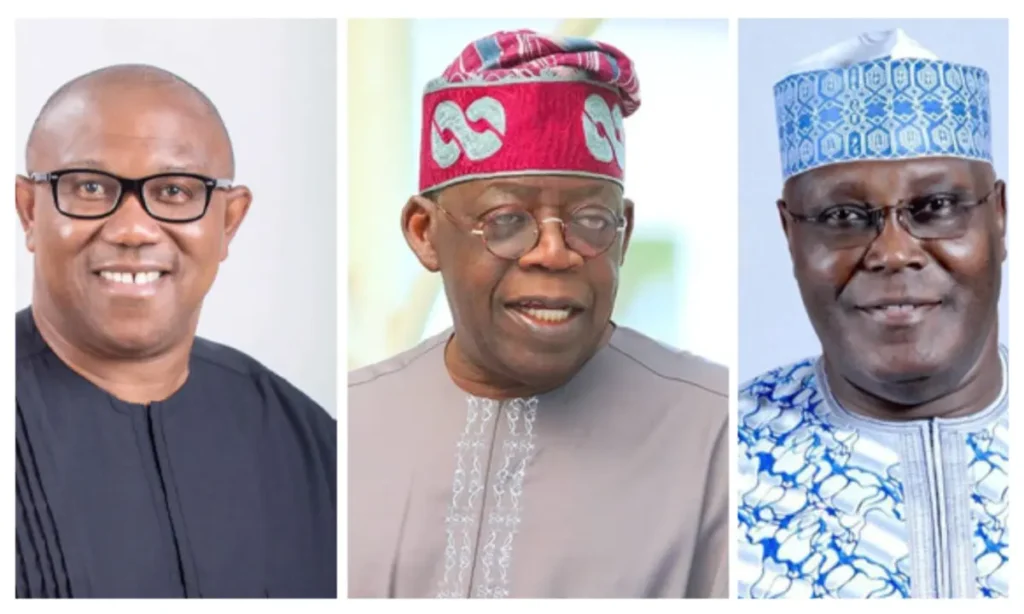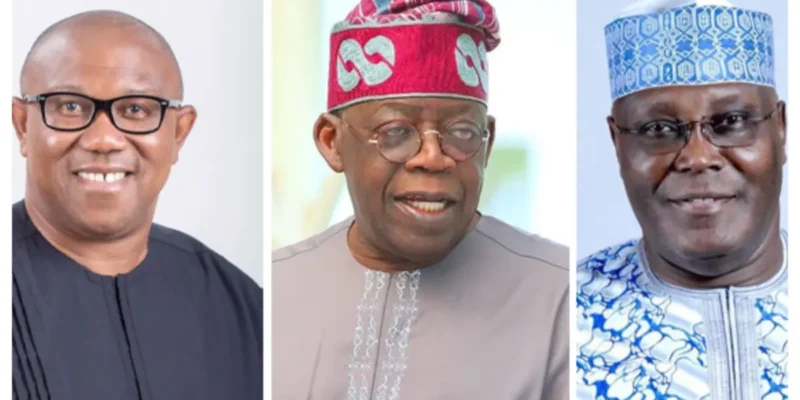
A bill currently before the Nigerian House of Representatives, seeking to disqualify individuals above 60 years from contesting for the offices of President and State Governor, has sparked heated debate across the country.
Sponsored by Ikenga Ugochinyere, a lawmaker from Imo State, the bill passed its second reading in the lower legislative chamber on Thursday. If enacted into law, it would automatically disqualify many prominent 2027 presidential hopefuls, including President Bola Tinubu, former Vice President Atiku Abubakar, and Labour Party’s 2023 presidential candidate, Peter Obi—all of whom are above the proposed age limit.
Titled “A Bill for an Act to Alter the Constitution of the Federal Republic of Nigeria, 1999”, the proposed legislation seeks to amend Section 131 of the Constitution by introducing an age cap of 60 years for presidential candidates. It also aims to amend Section 177(d), requiring gubernatorial candidates to possess at least a university degree and be below 60 years old.
The bill’s emergence follows the Not-Too-Young-To-Run Act signed into law by former President Muhammadu Buhari in 2018, which lowered the age requirements for political offices, allowing younger candidates to participate actively in governance. However, despite the law, older politicians still dominate the political landscape, prompting fresh calls for generational change.
The age limit bill has been met with mixed reactions from various quarters. While many Nigerian youths have lauded the initiative as a step toward dismantling political monopolies, others see it as discriminatory and counterproductive.
Osita Okechukwu, former Director-General of the Voice of Nigeria (VON) and a founding member of the All Progressives Congress (APC), dismissed the bill as misguided. He argued that age is not the primary issue confronting the nation’s political system.
“Age is a non-issue when it comes to our national predicament. What we truly need is a comprehensive electoral reform system, as recommended by the Uwais Report of 2008,” Okechukwu said. He further urged President Bola Tinubu and other leaders to implement reforms that would enhance the independence of electoral bodies like INEC and SIEC.
Presidential candidate of the African Action Congress (AAC) in the last election, Omoyele Sowore, also condemned the bill, describing it as discriminatory. He expressed doubt about its progression through legislative scrutiny, stating, “Any form of discrimination, including ageism, cannot stand in Nigerian law. The proposal is unlikely to see the light of day.”
On the other hand, Terzulum Ukpanya, a former Labour Party candidate from Benue State, supported the bill, insisting that only youthful leadership can transform Nigeria. “When the youths take back their country from these failed old politicians, things will improve. The older politicians are more concerned with amassing wealth for their descendants than building a prosperous nation,” Ukpanya argued.
He cited the example of French President Emmanuel Macron, who assumed office at 39, to emphasize the potential of younger leaders to deliver transformative governance.
As the bill moves through legislative processes, its prospects remain uncertain amid strong opposition and legal concerns. Nonetheless, it has reignited the national conversation about leadership renewal and the role of younger generations in Nigeria’s political future.

Comments